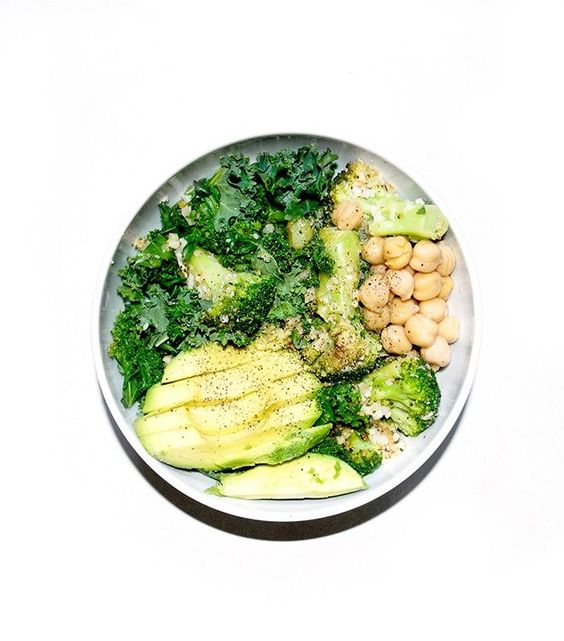
The coming winter is a test for our gut microbiome, which plays a key role in our overall health. It is a complex ecosystem of microorganisms that inhabit our gut and has a profound effect on our immunity, digestion, energy balance, skin condition and even our mental state. That's why it's important to take care of our gut microbiome and provide it with optimal conditions for proper functioning.
We wrote about the skin microbiome in this article. Why it is important, how to support its balance and which products from our care range we recommend...
The right diet
One of the key factors is diet. So what should we eat to support our gut microbiome?
Fibre: Fibre is essential for a healthy gut. Plant fiber, found in fruits, vegetables, whole grains and legumes, is food for the beneficial bacteria in the gut. This fibre is not broken down in the digestive tract but serves as food for beneficial microorganisms. This improves the gut microbiome and increases the production of substances that protect the gut and support the immune system.
Fermented foods: kefir, yogurt, sauerkraut, kimchi and other fermented foods are rich in probiotics - beneficial bacteria that can help keep the gut microbiome in balance. Regular consumption of these foods can strengthen the gut microbiome and support digestion.

Fruits and vegetables: Colorful fruits and vegetables are full of antioxidants, vitamins and minerals that can support the diversity of the gut microbiome. Different fruits and vegetables contain different nutrients, which can help different types of bacteria in our gut. In winter, indulge in citrus fruits and vitamin C-rich vegetables such as broccoli, cabbage, peppers, spinach and other types.
Fish and omega-3 fatty acids: Fish such as salmon, mackerel and tuna are rich in omega-3 fatty acids. These fats can have a positive effect on inflammation in the body and can promote a healthy gut microbiome.
Low in sugar: Excessive sugar consumption can disrupt the balance of the gut microbiome by encouraging the growth of harmful bacteria. Try to limit your consumption of refined sugar and foods high in added sugar.
Probiotic supplements: If you have digestive problems or have recently taken antibiotics, it may be helpful to consider taking probiotic supplements. These supplements contain live probiotic cultures that can help restore the gut microbiome.
It is important to remember that each individual is unique and what works for one may not work for another. Various factors such as genetics, stress and lifestyle can affect each person's gut microbiome. That's why it's important to experiment with different foods and observe how your digestive system reacts to them. Variety in your diet is important, choose seasonal foods and ideally organic quality.
